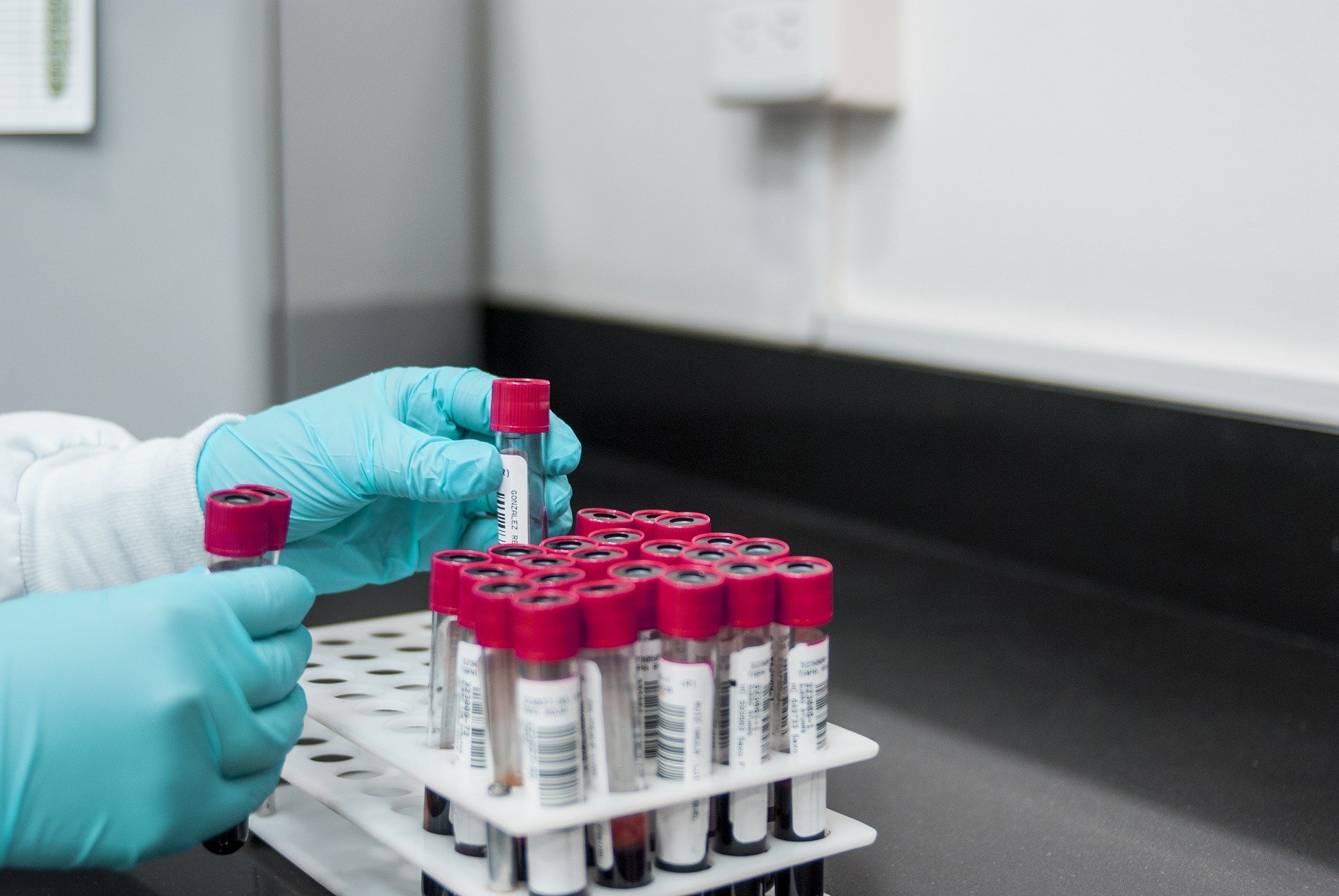
Laboratory Equipment for a High Performing Research Lab
When it comes to conducting research in a laboratory setting, having the right equipment is essential to ensuring accuracy, precision, and efficiency. From basic tools like microscopes and pipettes to more advanced technologies like spectrophotometers and centrifuges, the laboratory equipment you choose can greatly impact the quality and reliability of your results. In this article, we will discuss 10 must-have best laboratory equipment items that every high-performing research lab should consider.
Having the right laboratory equipment is crucial for any research lab aiming to achieve high performance and accurate results. One indispensable piece of equipment is a high-quality microscope. Whether you are examining cells, organisms, or studying microscopic structures, a good microscope will ensure that you can easily visualize and analyze your samples with precision and clarity. To find out more about essential laboratory equipment for building a high performing research lab, visit and find out more at ULabs where you can explore advanced technologies that streamline your work processes and enable groundbreaking discoveries.
- Microscopes – A microscope is a fundamental tool in any laboratory. It is used to magnify and visualize objects or samples that are too small to be seen with the naked eye. Microscopes come in a variety of types, including compound, stereo, and digital, each with its own set of features and applications.
- Balances – Precise measurements are critical in many laboratory experiments, and a balance is the tool of choice for achieving accurate readings. A balance measures the mass of an object, typically in grams or milligrams, and can be used for a wide range of applications, from measuring reagents to determining the weight of samples.
- Centrifuges – A centrifuge is a device that spins samples at high speeds to separate components based on their density. It is a critical tool in many laboratory applications, from separating blood samples to purifying proteins.
- Spectrophotometers – A spectrophotometer is an analytical tool used to measure the intensity of light absorbed by a sample as a function of wavelength. It is commonly used in molecular biology and biochemistry to quantify the concentration of proteins, nucleic acids, and other biomolecules.
- Incubators – An incubator is a device used to control the temperature and humidity of a sample or culture. It is commonly used in microbiology and cell culture to maintain optimal growth conditions for cells or microorganisms.
- pH meters – A pH meter is an instrument used to measure the acidity or alkalinity of a solution. It is a critical tool in many laboratory applications, from testing the pH of buffers to monitoring the pH of cell culture media.
- Pipettes – A pipette is a tool used to transfer small volumes of liquid from one container to another. It is commonly used in chemistry, biology, and other sciences to precisely measure and transfer reagents and samples.
- Hot plates and stirrers – Hot plates and stirrers are commonly used in chemistry to heat and stir solutions. They are a critical tool in many laboratory applications, from dissolving solids to conducting chemical reactions.
- Autoclaves – An autoclave is a device used to sterilize equipment and materials using high-pressure steam. It is a critical tool in many laboratory applications, from preparing media to sterilizing culture dishes.
- Fume hoods – A fume hood is a ventilation system designed to protect laboratory personnel from harmful gases, vapors, and dust. It is a critical tool in many laboratory applications, from handling hazardous chemicals to performing chemical reactions.
Conclusion
These are just a few of the essential laboratory equipment items that every high-performing research lab should consider. While the equipment you choose will depend on your specific research needs and applications, investing in high-quality, reliable, and efficient equipment can greatly enhance the quality and accuracy of your research results. So, whether you are setting up a new laboratory or looking to upgrade your existing equipment, be sure to consider these must-have items to take your research to the next level.






